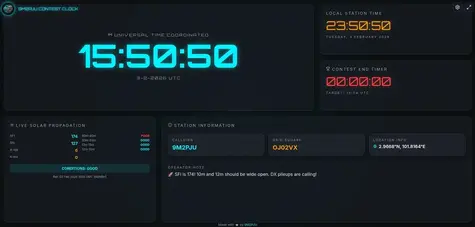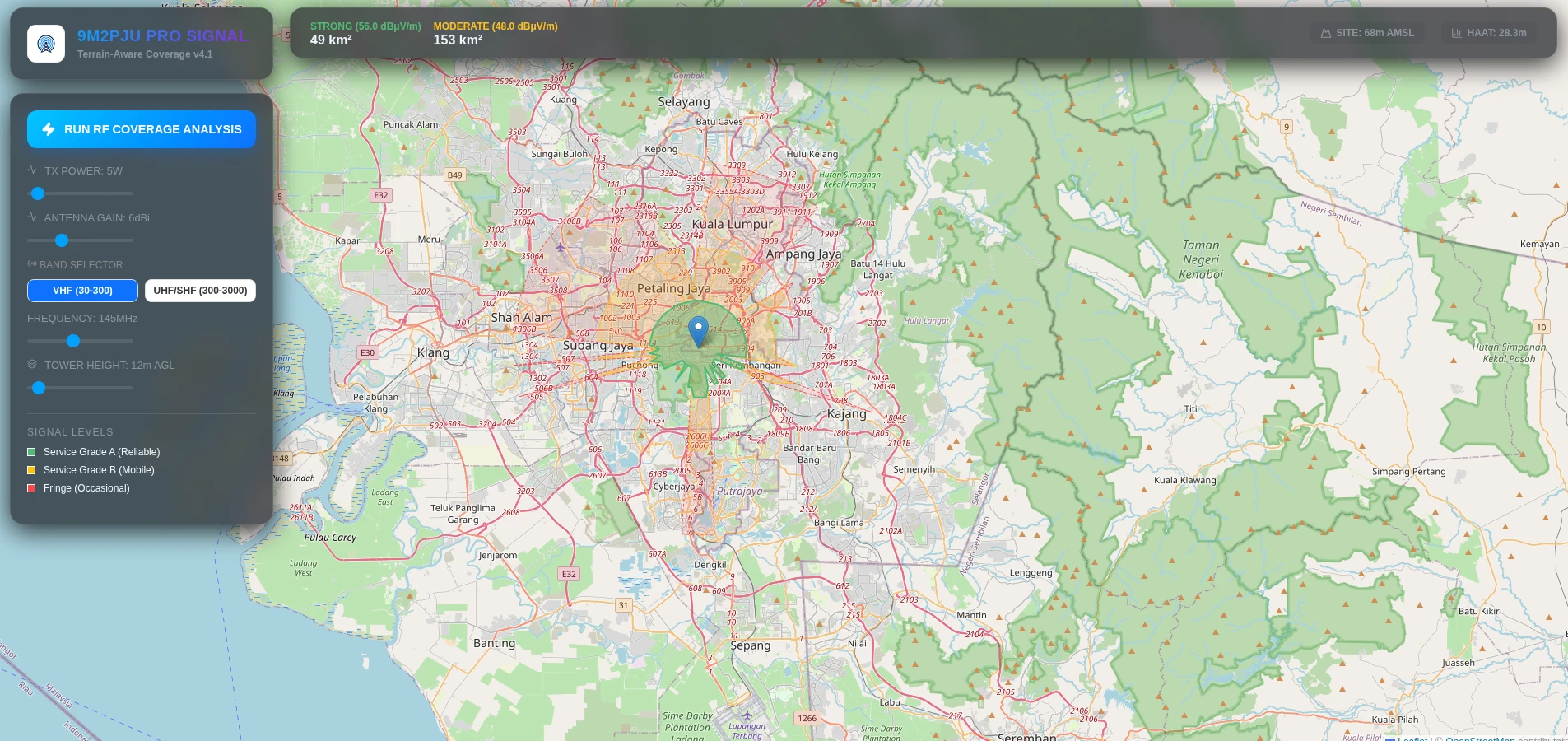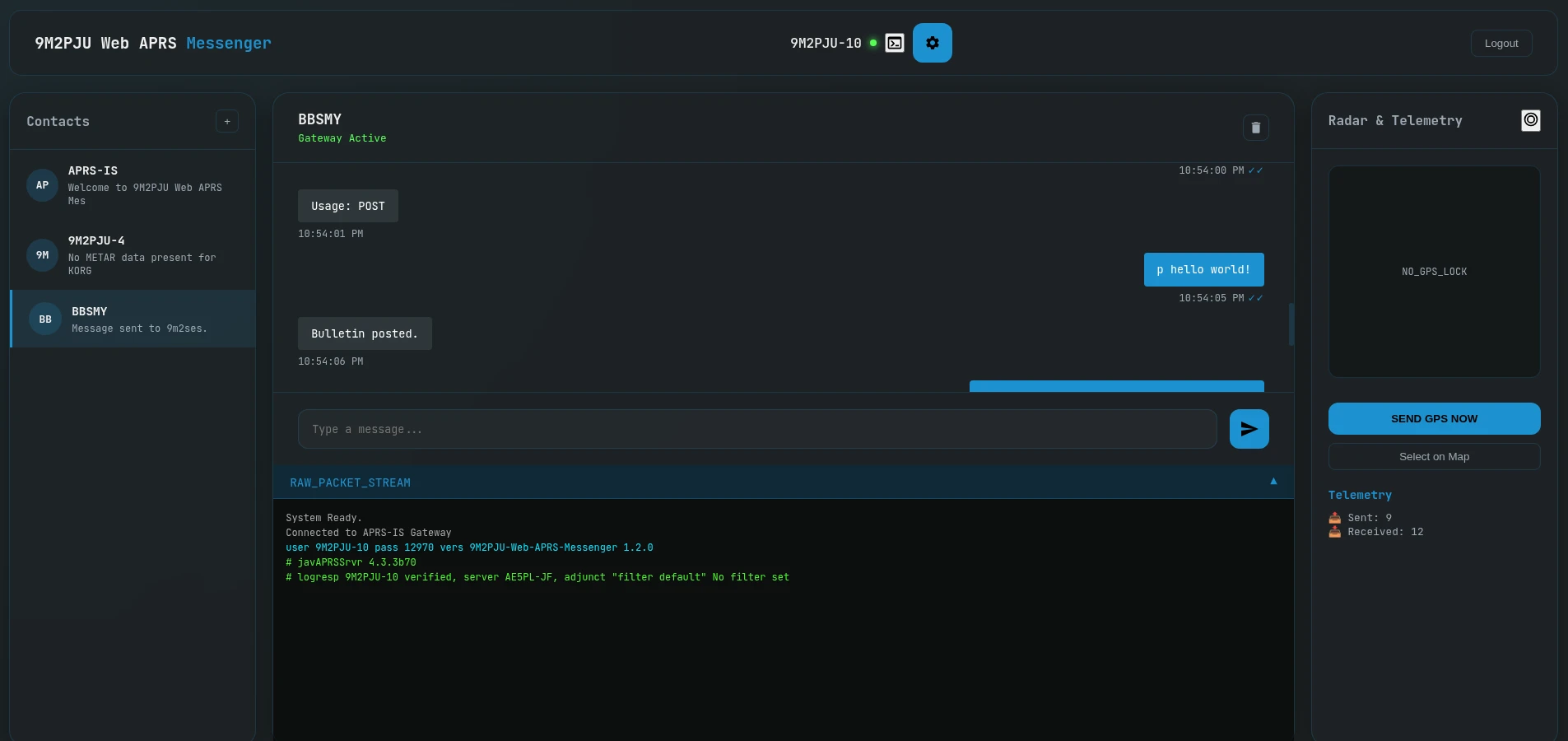Military Auxiliary Radio System (MARS): Bridging the Communication Gap
Introduction
In the realm of military operations, effective communication plays a vital role in ensuring the success and safety of personnel. The Military Auxiliary Radio System (MARS) serves as a crucial component of military communication infrastructure, offering auxiliary support in times of emergencies and providing a reliable platform for information exchange. This article explores the significance, capabilities, and applications of the MARS in military operations.
Overview of MARS
The Military Auxiliary Radio System is a civilian-military partnership program established by the United States Department of Defense (DoD) in the 1920s. Its primary objective is to provide auxiliary communication support to the military during times of crises, emergencies, and natural disasters. MARS operates as a volunteer organization, with licensed amateur radio operators forming the backbone of its communication network.
Capabilities and Features
The MARS system offers several key capabilities and features that make it a valuable asset in military communication:
- Reliable Communication: The MARS utilizes amateur radio frequencies and a network of trained operators to establish reliable communication links. These frequencies are less vulnerable to disruptions caused by infrastructure damage or electronic warfare, offering a robust and resilient means of communication.
- Long-Distance Communication: MARS stations are strategically located across the United States and its territories, providing extended communication ranges. These stations can establish long-distance links, even in areas where traditional communication infrastructure might be compromised or unavailable.
- Interoperability: MARS facilitates interoperability between military and civilian organizations by acting as a bridge between different communication systems. It enables the exchange of critical information and coordination between military units, government agencies, and civilian entities involved in emergency response efforts.
- Emergency Communications: In times of national emergencies, MARS plays a pivotal role in providing backup communication capabilities. During natural disasters, MARS operators can relay vital information, assist in search and rescue operations, and facilitate coordination among various response teams.
- Message Handling: MARS operators are trained in efficient message handling protocols, ensuring the accurate and timely transmission of critical information. This capability is particularly valuable in situations where traditional communication channels are disrupted or overloaded.
Applications
The MARS system finds applications in various military operations and scenarios:
- Military Operations: MARS supports military operations by offering a reliable backup communication system. It allows military units to maintain communication when traditional means are compromised or inoperable due to factors such as electronic warfare, infrastructure damage, or jamming.
- Humanitarian Assistance and Disaster Relief: MARS plays a significant role in supporting humanitarian assistance and disaster relief efforts. Its communication capabilities enable coordination between military forces, government agencies, and humanitarian organizations, facilitating efficient response and relief operations.
- Training and Exercises: MARS provides a valuable platform for military training and exercises. It allows military personnel to practice communication procedures, test equipment, and enhance interoperability with other agencies in simulated emergency scenarios.
- International Cooperation: MARS collaborates with international military communication organizations, promoting interoperability and cooperation on a global scale. These partnerships enhance communication capabilities during joint military operations and multinational exercises.
Conclusion
The Military Auxiliary Radio System (MARS) serves as a critical communication asset for the military, providing auxiliary support during emergencies and serving as a bridge between military and civilian organizations. Its reliable communication capabilities, long-distance reach, and interoperability make it indispensable in situations where traditional communication infrastructure is compromised. As technology continues to advance, MARS remains an essential component of military operations, ensuring effective communication and safeguarding the well-being of military personnel and the success of missions.







Post Comment